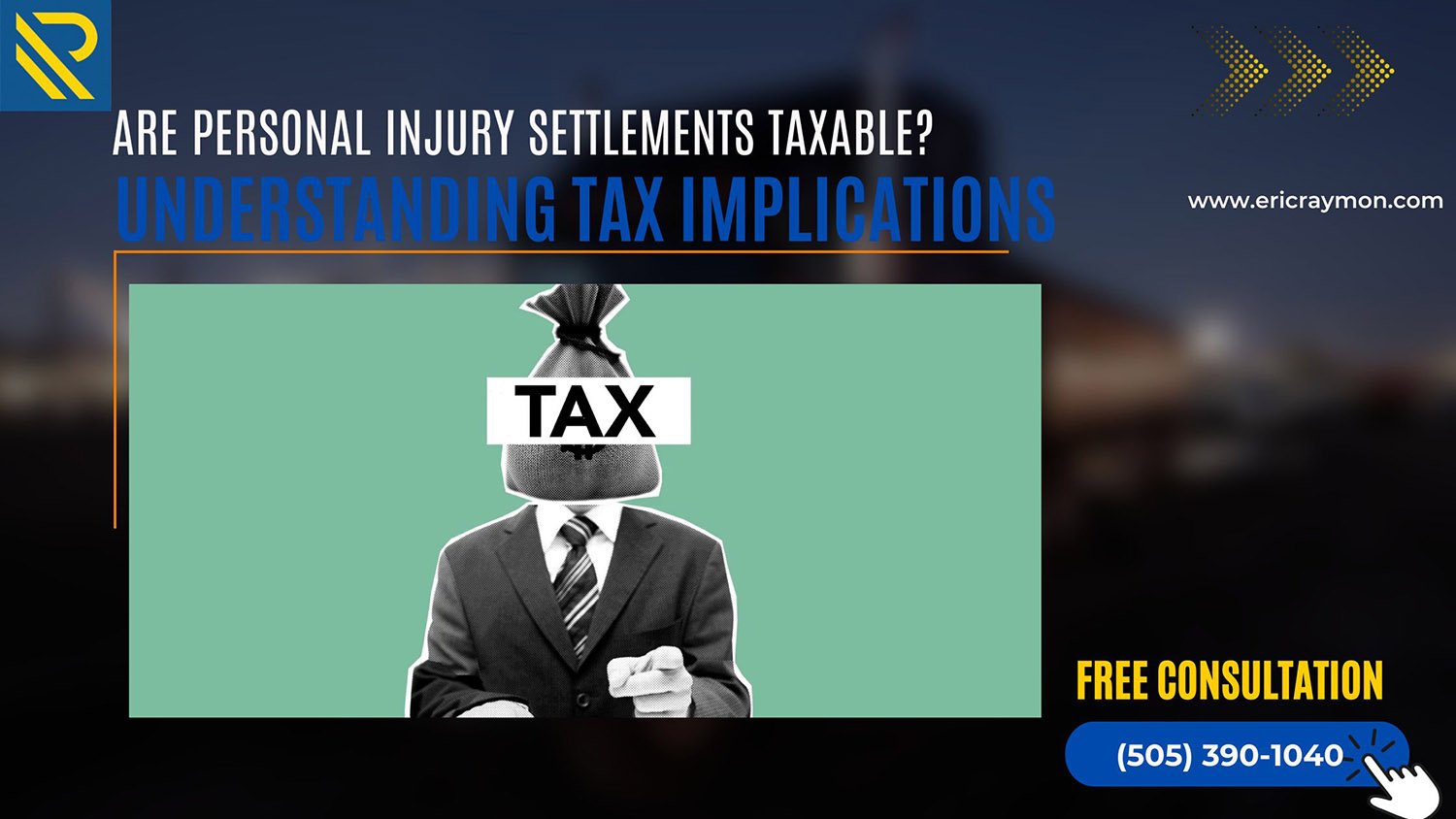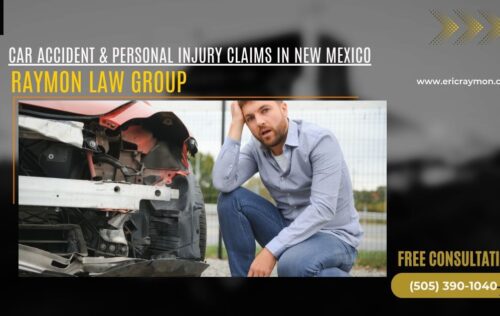Are personal injury settlements taxable ?
Are Personal Injury Settlements Taxable? Understanding Tax Implications- Raymon Law Group

Introduction
Navigating the tax implications of personal injury settlements can be a complex matter for individuals seeking compensation. At Raymon Law Group, we comprehend the importance of clarity regarding the taxability of these settlements and aim to provide comprehensive insights into this often-confusing aspect of personal injury law.
Taxability of Personal Injury Settlements
When dealing with a personal injury settlement, whether received through negotiation or a court judgment, understanding its tax implications is crucial.
Compensatory Damages vs. Punitive Damages
Compensatory Damages: Typically, settlements covering medical expenses, lost wages, and pain and suffering are not taxable at the federal level, as they aim to compensate for losses incurred due to the injury.
Punitive Damages: Conversely, punitive damages intended to punish the defendant for egregious conduct might be subject to taxation. These damages aren’t meant to compensate but to penalize the liable party.
Exclusions from Taxation
Physical Injury or Sickness: Settlements related to physical injury or sickness generally fall under the exclusion from taxation, preserving the compensation received for these damages.
Emotional Distress: If the settlement specifically pertains to emotional distress due to physical injury, it’s usually considered non-taxable.
Taxation of Interest and Attorney Fees
Interest Earned: Any interest accrued on the settlement amount before or after receiving it might be subject to taxation as regular income.
Attorney Fees: Deductions for legal fees or attorney expenses could affect the taxable portion of the settlement. Understanding how these deductions impact taxation is crucial.
Other Considerations and Exceptions
Structured Settlements: In cases where settlements are structured over time, the tax implications can differ from a lump-sum settlement. Seeking professional advice is advisable in such instances.
Non-Personal Injury Claims: Settlements for non-personal injury claims, like breach of contract or property damage, might be taxable as they fall outside the exclusion.
Seeking Professional Guidance
Consultation with Tax Professionals: Given the intricate nature of tax laws and their application to personal injury settlements, seeking guidance from tax professionals or accountants is advisable.
Legal Counsel: Consulting a seasoned personal injury attorney like Raymon Law Group can provide clarity on the legal aspects of settlements and their potential tax consequences.
Conclusion
Understanding the taxability of personal injury settlements is essential in ensuring the compensation received serves its intended purpose. While many aspects of these settlements might be non-taxable, nuances exist, making professional advice invaluable.
If you require further clarification or legal assistance regarding personal injury settlements and their tax implications, contact us at (505) 390-1040. At Raymon Law Group, we are committed to providing comprehensive legal support and guidance in understanding the complexities of personal injury settlements and taxation.



